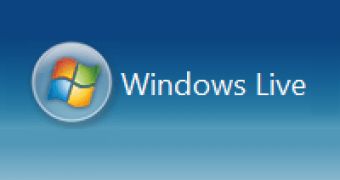Windows Live Folders is essentially Microsoft's response and alternative to Google's GDrive (Codename Platypus), and went live as a private beta at the end of June. Presented as "password-protected online file storage. Always available where you need it" the service is Microsoft's way to offer storage in the cloud under the Windows Live platform. Users will be able to store their files online, and share them with a select group of people or with the entire online community. "Using multiple computers? No problem. Store and access your personal files from anywhere online. Sharing with friends, co-workers, or family is easy when you all add and update files in a shared folder. Some ideas are too good to keep to yourself. Share them in a public folder that only you can update," Microsoft describes on the service's main page.
Currently, Microsoft offers 500 MB of free online storage via Windows Live Folders. The service is accessible with Internet Explorer 6 and 7 and Firefox 1.5 and 2. At the beginning of August, the company revealed that it was expanding Windows Live Folders beta, and welcoming new testers. Still, the availability of the service in additional markets worldwide is still restricted. And new speculation has emerged over the final name of the service. Windows Live Folders was developed under the code-name SkyDrive. The fact of the matter is that, according to LiveSide, Microsoft might just swing towards Windows Live SkyDrive instead of Windows Live Folders. One argument pointing in this direction is the company's http://skydrive.live.com/ domain.
"Your personal folders are password-protected with your Windows Live ID, so only you have access. When you create a shared folder, the friends you're sharing with need to sign in with their own Windows Live ID and password. Just like at your online bank, all file transfers are protected using Secure Socket Layers (SSL). Use personal folders to back up important files that are only for you. Shared folders make it easy to collaborate with coworkers or classmates. You decide how much control each person has over each shared folder. Some can just read what's there: others can add and delete files. With public folders, anyone on the Internet can view your files, but they can't change them," Microsoft added.

 14 DAY TRIAL //
14 DAY TRIAL //